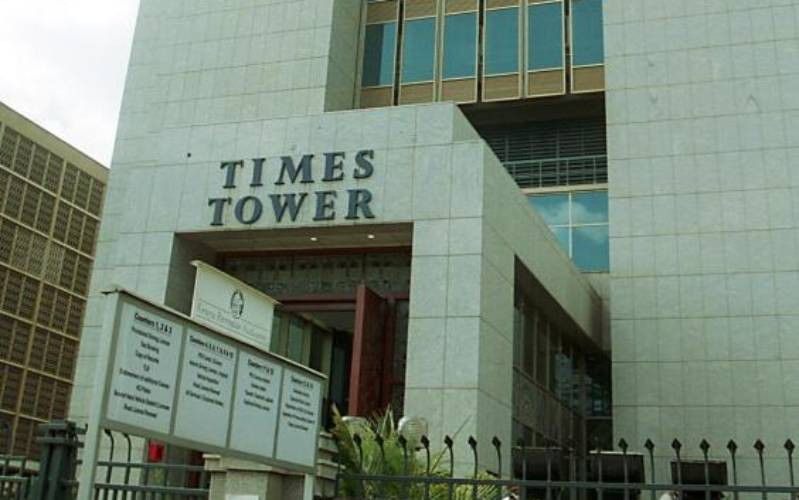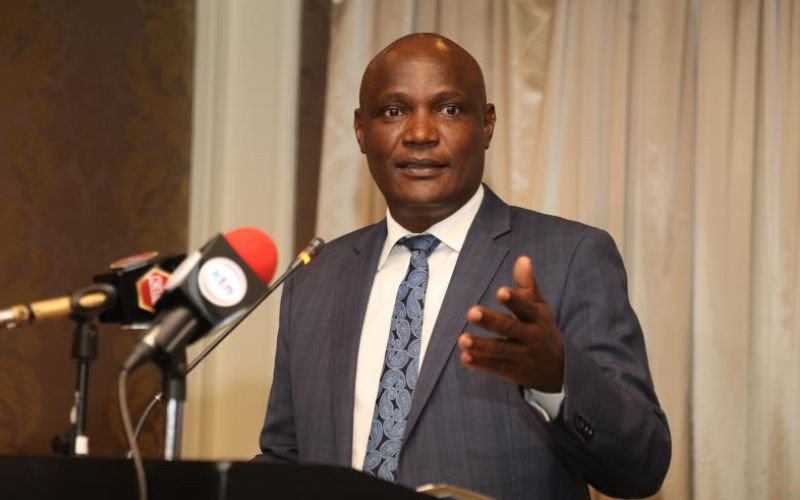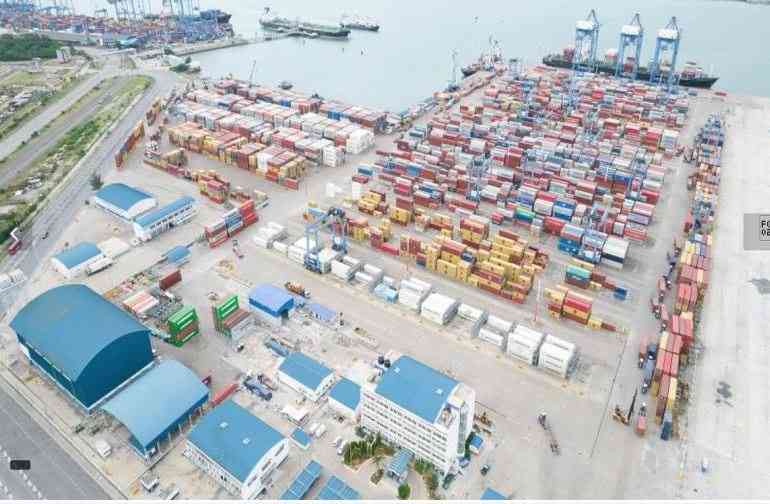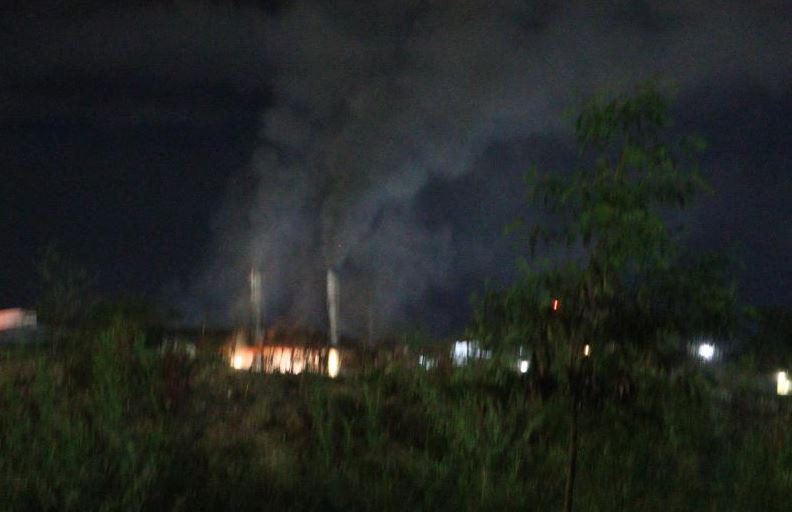
Long life, Martin Luther King once remarked, has its place but not for him; he was assassinated soon after in 1968. It was the same year that Robert F Kennedy, the man who predicted that a “Negro” would become US President in 40 years, was also assassinated just as he clinched California for his bid to become US president. Both King and Kennedy were friendly to Kenya’s Tom Mboya who, in 1969, followed them by way of assassination. The three had accomplished a lot in their short lives and probably would have accomplished much more had they been blessed with longevity. Few people anywhere live long enough to see the fruits of their labour.
Anyone clocking more than 90 years is likely to reap some fruits. It happened in Kenya and the United States. Two Kenyan matriarchs and a former US president lived long, died late in December 2024 and were buried in January 2025. Anne Nanyama Wetangula of Bungoma, 94, and Virginia Wanjiru Kamau of Kiambu, 93, reaped the fruits of longevity having lived through the Mau Mau War, the post-colonial nation building challenges, and the first decades of the 21st Century.
They left survivors talking of how God had blessed them with longevity. While Wanjiru lived to see one of her sons, Macharia Kamau, become ambassador and Foreign Affairs PS, Namanya’s son, Moses Wetangula, became minister and Speaker of the National Assembly. Namanya’s funeral was a political spectacle with Trans Nzoia Governor George Natembeya and Majority Leader Kimani Ichung'wah deviating from the official script into political acrimony.
In the United States, President Jimmy Carter died at 100 years, longer than any other US president. Some of his labours bore fruits, especially in his post-presidential years and captured imagination. While George F Kennan, the architect of US Containment policy, lived beyond 100 years to see his strategy succeed, it was Carter who laid the foundation of the actual collapse of the Soviet Union. A deceptively cleaver Cold Warrior, Carter pushed ‘human rights’ as his tool for discrediting the Soviet Union and also devised ways of tricking the Soviets into Afghanistan.
The objective of the trick, so explained Carter officials Zbigniew Bryzinsky and Robert Gates, was to give the Soviet Union ‘a Vietnam’ of their own. Once in Afghanistan in 1979, the US funded and trained Osama bin Laden’s men as ‘freedom fighters’ and mobilised the rest of the world to condemn the Soviets and to boycott the 1980 Moscow Olympics. He gave President Daniel arap Moi a treat at the White House during which Moi agreed to boycott the Olympics and allow the American military to use Kenyan facilities. Though out of office, Carter probably felt good watching the Soviet Union crumble from within because he had weakened it through Afghanistan.
When it came to dealing with Third World challenges, Carter was like his predecessors. Failing to understand the anti-imperialist tide, he was a victim of his policy contradictions; championing ‘human rights’ against the Soviets while condoning atrocities elsewhere. He thus fired Andrew Young for talking to Palestinians and funded and armed obnoxious regimes in Zaire, Philippines, Iran, Guatemala, Nicaragua, and Indonesia and condoned South Africa’s killings in Angola.
He then looked helpless as the Sandinistas chased Samoza from Nicaragua, Marcos was deposed in Manila, and Ayatollah Ruhollah Khomeini overthrew the Shah in Iran. His failed attempt to rescue American hostages in Iran reinforced the image of weakness. He lost the election in November 1980 to Ronald Reagan.
Carter was lucky to have 44 years of post-presidential life in which he redeemed himself. People forgot his selective application of ‘human rights’ as Cold War tool, while condoning atrocities elsewhere. Attention turned to his election monitoring and effort to eradicate diseases in Africa which earned him the Nobel Peace Prize. His longevity helped him to recast himself positively and to redefine life after the presidency.






